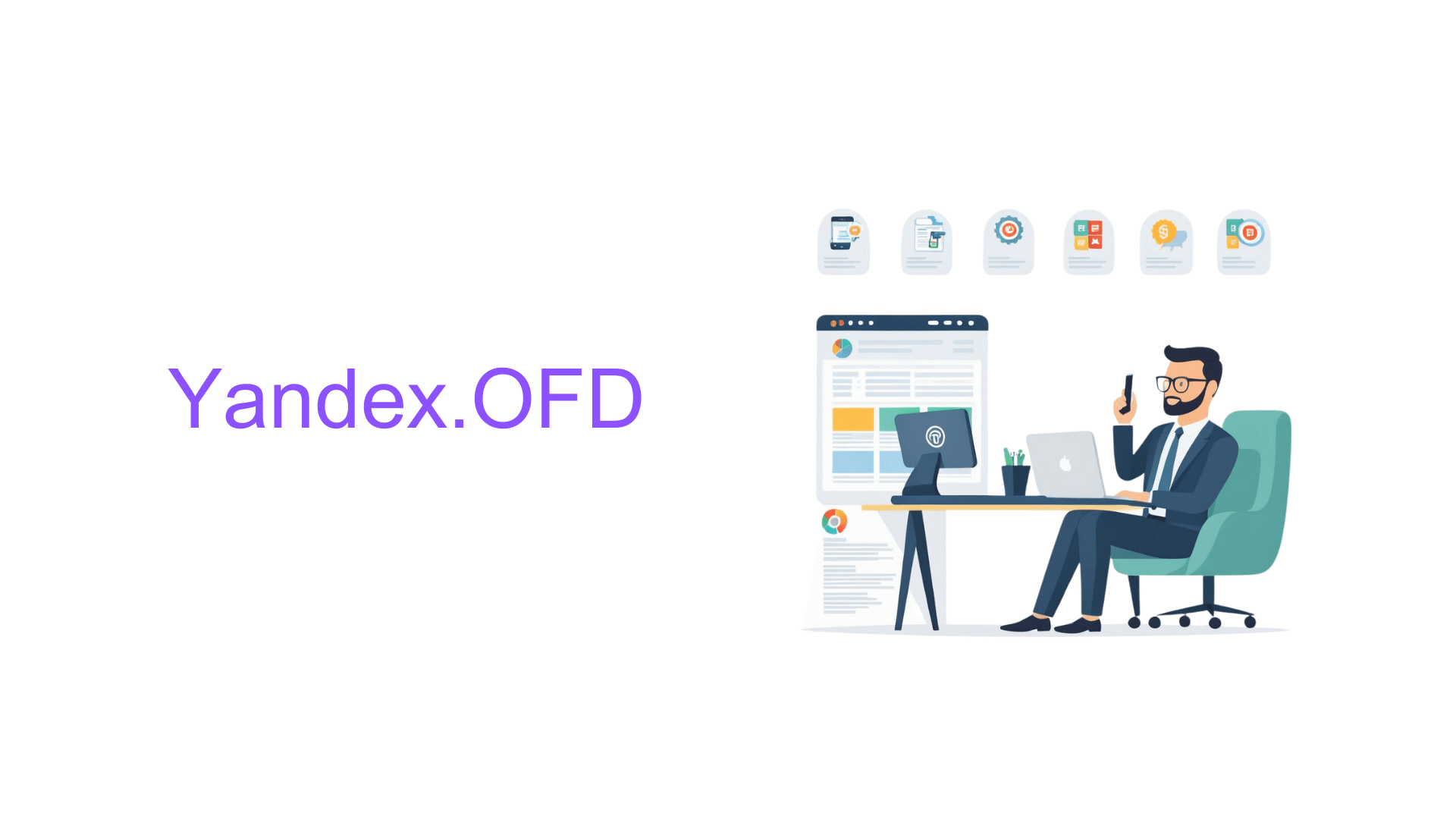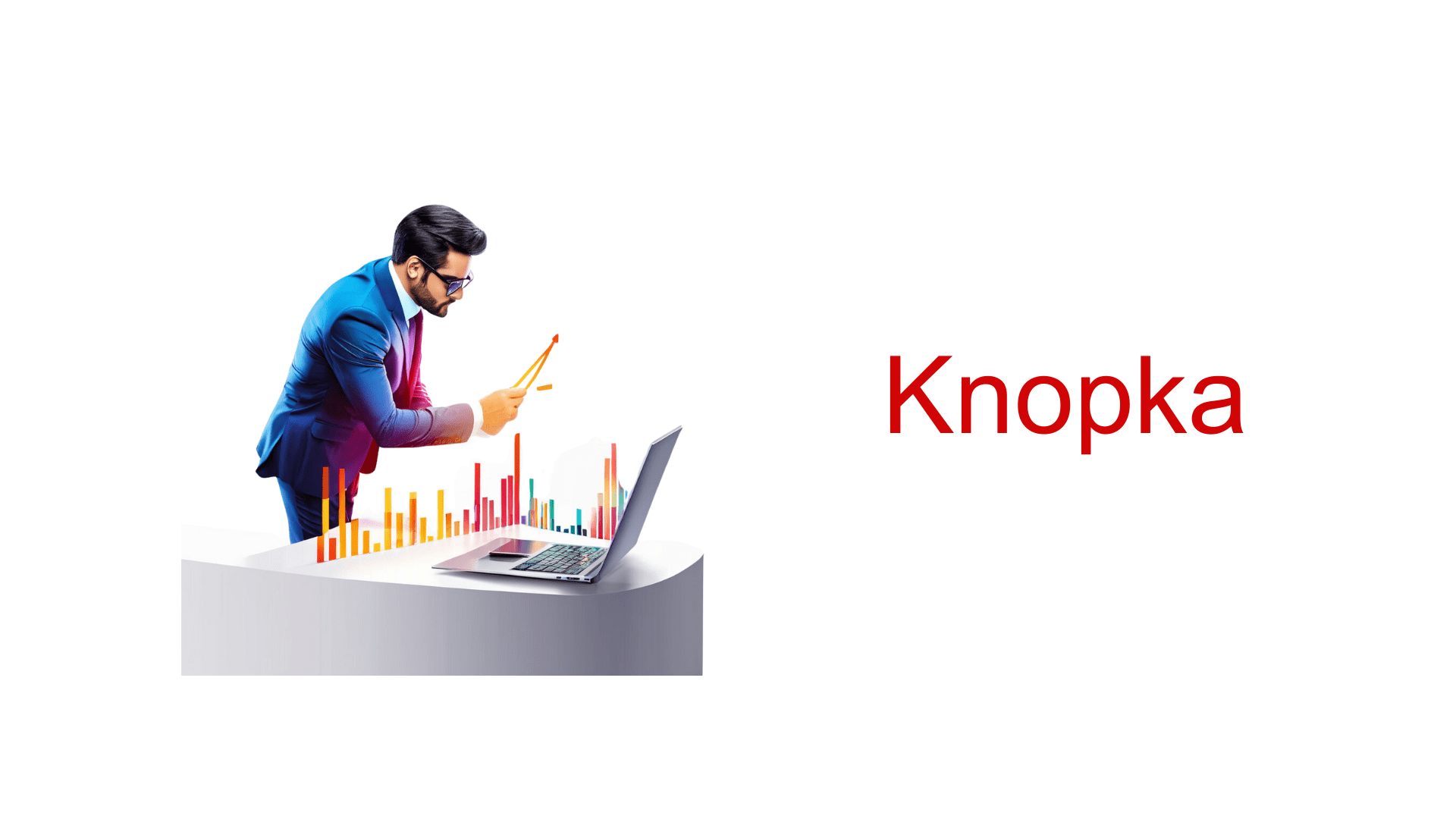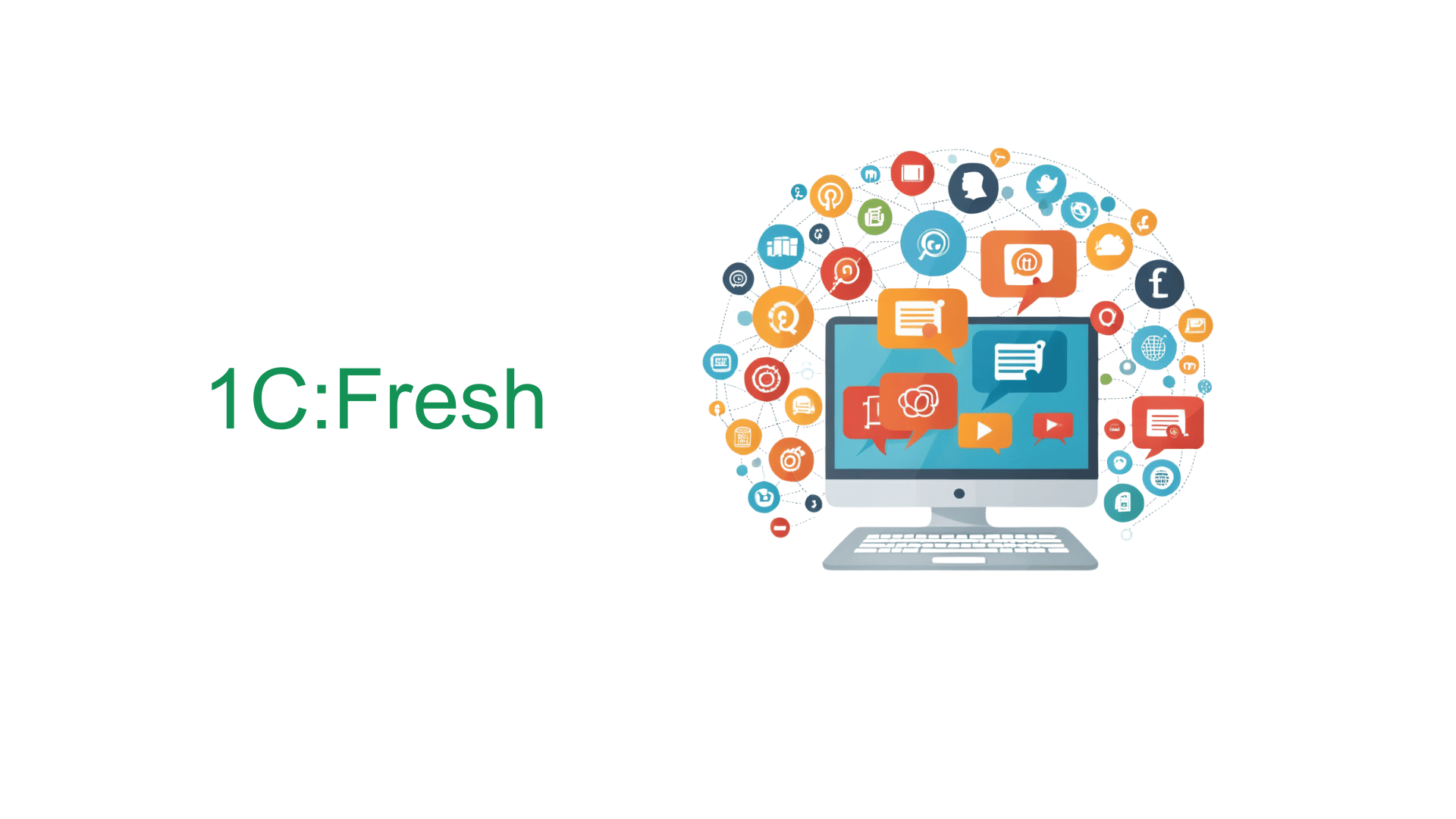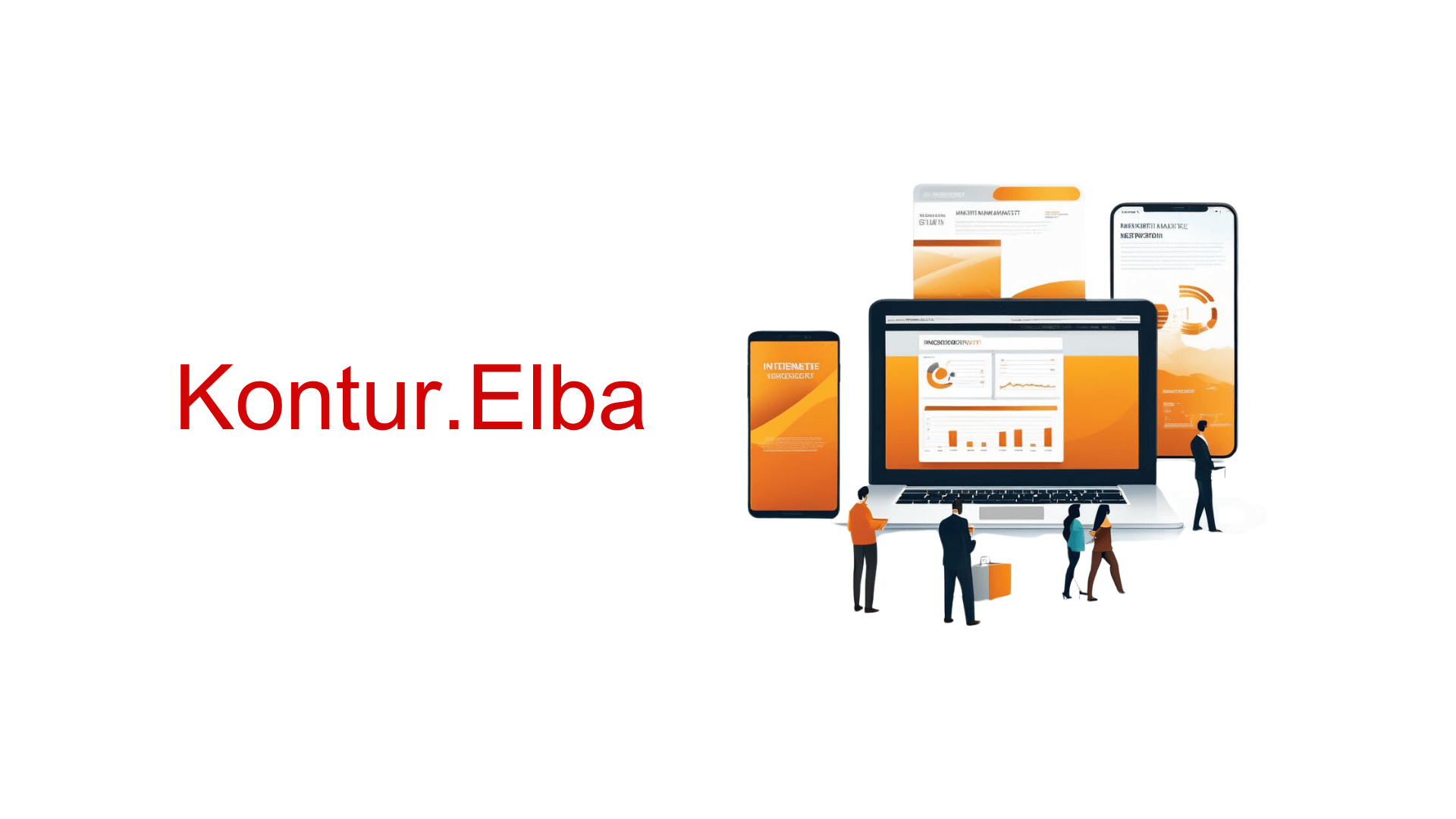Organization reputation online: Key to digital success
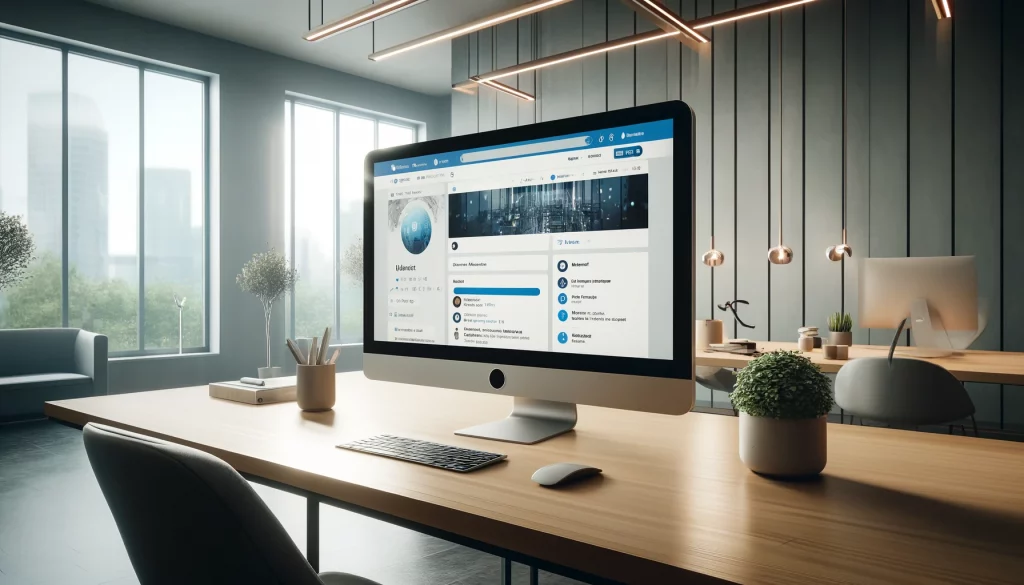
What is an organization’s online reputation?
An organization’s online reputation essentially represents the collective perception of the organization’s character and trustworthiness, shaped by online content and interactions. Reputation is built from various elements including customer reviews, social media activity, search engine results, and media coverage.
The significance of an organization’s online reputation cannot be underestimated, as it directly influences consumer behavior and business outcomes.
Impact of customer reviews
Online customer reviews are a crucial component of an organization’s internet reputation. According to a 2020 survey by BrightLocal, 87% of consumers read online reviews about local businesses, with 79% trusting online reviews as much as personal recommendations.
Positive feedback can enhance a brand’s credibility and attract more customers, while negative reviews can deter potential customers and harm the business. For example, restaurants and hotels often see immediate changes in bookings following shifts in their online review ratings.
Social media presence
An organization’s activity on social media platforms like Facebook, Twitter, Instagram, and LinkedIn also plays a key role in shaping its online reputation. Social media provides a platform for organizations to communicate directly with consumers, showcasing brand personality, responding to customer queries, and managing crises.
A positive, active presence on social media enhances an organization’s reputation, demonstrating its commitment to customer service and transparency. For instance, JetBlue is known for its responsive and friendly interactions on social media, reinforcing its reputation as a customer-centric airline.
Visibility in search engines
How an organization appears in search results also affects its online reputation. High rankings typically suggest authority and trustworthiness, while negative articles or poor reviews in search results can damage reputation.
Companies invest in search engine optimization (SEO) and content marketing strategies to improve visibility and control the narrative about their brand online.
Media coverage
The type of media coverage an organization receives is another significant factor. Positive news articles, press releases, and publications can enhance an organization’s prestige, while negative publicity can lead to reputation damage.
For example, when a company is involved in a scandal or controversy, and the story is picked up by major media outlets, it can lead to a rapid decline in public trust and customer loyalty.
Transparency and authenticity
These aspects are increasingly important in the digital age, where information is readily available and consumers are more discerning. Organizations that openly discuss their business practices, acknowledge mistakes, and communicate honestly with their customers generally have a better online reputation.
For example, Patagonia openly reports on its environmental impact and efforts to improve it, reinforcing its reputation as an ethical and responsible company.
Customer interaction and responses
The way an organization manages interactions with customers online plays a significant role in shaping its reputation. Prompt and effective responses can enhance it, while ignoring or mishandling communications can lead to dissatisfaction and negative consequences.
Online reputation as a dynamic asset
An organization’s online reputation is a dynamic asset that requires careful management. Positive customer interactions, active management of social media profiles, monitoring online reviews, ensuring positive search engine outcomes, and maintaining transparency are crucial.
All these efforts enable an organization to effectively enhance its online reputation.
Why build an organization’s online reputation?
The goal of building a reputation is multifaceted, including the need to increase visibility, strengthen trust, attract and retain customers, and ultimately, ensure business success.
Here’s a look at why establishing a strong online reputation is important, supplemented by real examples and relevant statistics.
Increasing visibility and accessibility
An organization’s online reputation helps to boost its visibility. Digital presence often determines consumer awareness.
For example, Sephora masterfully manages online visibility through a combination of expertly curated content and effective SEO practices, making the brand more accessible to potential customers and helping it stand out in the highly competitive beauty industry.
Strengthening trust and credibility
A strong online reputation helps to build trust among consumers. According to a BrightLocal survey, 81% of consumers stated that trust in a brand is a deciding factor in their purchasing decisions.
Trader Joe’s has created a trustworthy online reputation through consistent positive customer reviews and maintaining a clear, honest communication strategy about the quality of its products and sources of supply. This resonates well with its customer base.
Attracting and retaining customers
A positive online reputation is crucial for attracting and retaining customers. Studies show that an increase in a Yelp rating by one star can lead to a revenue increase of 5-9% for small businesses.
Costco uses its positive online reputation for providing good value and quality products to attract new members and retain existing ones.
Differentiating from competitors
In saturated markets, a good online reputation can distinguish a brand from its competitors. IKEA uses its online presence to showcase its commitment to sustainability and innovations in design, attracting environmentally conscious consumers and differentiating it from other furniture retailers.
Facilitating customer interaction
An effective online reputation strategy allows organizations to interact with customers more interactively and responsively. Starbucks uses its online platforms to engage with customers, gather feedback, and inform them about new products and initiatives, increasing engagement and customer loyalty.
Managing and mitigating risks
A strong online reputation can protect an organization from misinformation and crises. Proactive reputation management can mitigate the impact of negative publicity.
KFC, for example, effectively manages several public relations crises by responding promptly to issues and openly communicating with customers through its online channels, thereby preserving its brand reputation.
Attracting quality employees
Organizations with a strong online reputation are more attractive to potential employees. A LinkedIn study showed that companies with a positive brand reputation attract 50% more qualified applicants.
Salesforce uses its reputation as a great place to work, based on its inclusive culture and innovative projects, to attract top specialists in the competitive tech industry.
Supporting higher valuations
Companies with strong reputations often enjoy higher valuations due to their brand equity.
The consistent reputation of Coca-Cola for quality and universal appeal has helped it maintain its position as one of the world’s most valuable brands, significantly influencing consumer choice and investor confidence.
The goal of building a reputation is to ensure a competitive edge, strengthen customer loyalty, mitigate risks, and enhance the overall resilience of the business. This strategic asset, when managed effectively, can lead to long-term growth and business success.

Research and analysis of organizations’ online reputations
Research and analysis of reputation are key processes for understanding how companies are perceived by the public. This includes systematic examination of various digital channels such as social media, review sites, search engine results, and more.
Here is how organizations can approach this task, supported by real examples and statistics.
Monitoring online reviews
Businesses can use platforms like Yelp, Google Reviews, and specialized review sites to gather information.
For example, Hilton Hotels monitors reviews on various booking and traveler review sites to assess customer satisfaction levels and respond to feedback. This helps maintain a high level of service and improve guest experiences.
Social media analysis
Social networks provide extensive information about how brands are perceived by consumers. Tools such as Hootsuite, Sprout Social, or Buffer can track mentions, hashtags, and direct interactions.
Domino’s Pizza uses social media analytics to understand customer sentiments and respond promptly to both praise and complaints. This approach is important in transforming the brand image, especially following a documentary overhaul of recipes.
Engagement metrics
Analyzing engagement metrics like likes, shares, comments, and click-through rates can provide important insights into what content resonates with an audience.
Red Bull excels in creating content that maximizes engagement, highlighting its image as an energetic and daring brand. These metrics help them effectively tailor their marketing strategies.
Search engine visibility (SEO)
SEO analysis helps understand how visible a brand is in search engine results, which is critical for online reputation. Tools such as SEMrush or Moz can track a brand’s search rankings, SEO health, and visibility compared to competitors.
The Home Depot uses SEO strategies to ensure it appears at the top of search results for a wide range of home improvement products, improving its market visibility and consumer perception.
Анализ настроений
This includes using tools to analyze the tone and emotions in customer reviews on social media and review sites. Microsoft uses sentiment analysis to monitor public opinions about its products and services across various platforms, allowing them to respond effectively.
Competitor comparison
Comparing an organization’s online reputation with that of its competitors can provide strategic insights. Tools like Brandwatch allow companies to compare their performance against competitors.
Adidas, for example, closely monitors the activities of competitors in the sportswear industry, helping to understand how their brand compares in terms of public perception and market trends.
Customer surveys
Direct feedback through customer surveys can also provide data for analyzing online reputation. Lego regularly conducts surveys to understand the satisfaction levels and expectations of their customers.
Feedback from influencers
Collaborating with influencers can also provide insights into a brand’s reputation. Monitoring reviews and interactions on influencer posts can offer another perspective on how the brand is perceived.
Gymshark uses fitness influencers to strengthen its brand reputation and carefully monitors the impact of these partnerships through engagement and sentiment analysis.
Research and analysis of an organization’s online reputation is an ongoing process that requires the integration of multiple data sources and tools. A systematic approach to this task allows the organizations mentioned above to maintain their reputations and ensure business success in an increasingly competitive digital landscape.
Business facts about online organizational reputations
An organization’s online reputation significantly impacts its business outcomes, from influencing consumer decisions to affecting its profitability. Here are key facts about the online reputations of organizations.
Impact on purchase decisions
Most consumers read online reviews and base their purchase decisions on what they learn. According to a BrightLocal study, 91% of young consumers (aged 18 to 34) trust online reviews as much as personal recommendations.
Dyson, known for its vacuum cleaners and hair dryers, leverages positive online reviews and customer testimonials to boost its sales, highlighting superior product performance and reinforcing its reputation as an innovative company.
Impact on revenues
A positive online reputation can directly impact revenue growth. A Harvard Business School study showed that a one-star increase in Yelp rating leads to a 5-9% revenue increase for independent businesses.
Lululemon benefits from high customer satisfaction ratings, often reflected in its robust sales and strong customer loyalty.
Impact of crises
Negative publicity can have a dramatic, immediate impact on a company’s financial results.
United Airlines experienced a significant drop in stock prices after a viral video incident involving a passenger being forcibly removed from an overbooked flight. This is a clear indicator of how quickly online reputation can affect financial valuation.
Recruiting and employment branding
A strong online reputation helps companies attract and retain talent. Companies with positive reviews on job sites are more likely to attract top candidates.
Deloitte uses its strong reputation for professional growth and a positive work culture to attract highly qualified candidates, enhancing its capabilities and service quality.
Loyalty and customer retention
A positive reputation enhances customer retention, which is more cost-effective than acquiring new ones. According to a study, increasing customer retention rates by 5% increases profits by 25% to 95%.
T-Mobile uses its reputation for excellent service and innovative telecommunications solutions to maintain one of the industry’s lowest churn rates.
Brand differentiation
In competitive markets, a strong online reputation can distinguish a brand from its competitors. Burt’s Bees differentiates itself through the use of natural ingredients and eco-friendly practices, appealing to consumers who value sustainability and ethical production.
Long-term brand value
Over time, the cumulative effect of positive online interactions and feedback increases brand value. Rolex enjoys a long-standing reputation as a premier watchmaker, consistently validated by customer reviews and expert evaluations across the internet.
This long-term reputation supports the brand’s ability to charge premium prices and maintain market leadership in the luxury watch sector.
Social media amplifies both positive and negative perceptions on a scale. ASOS actively engages with customers on platforms such as Instagram and Twitter, swiftly addressing issues and showcasing its latest fashion lines, maintaining a trendy and responsive brand image.
Each of these aspects underscores the critical importance of actively managing and investing in online reputation — a key component of business strategy.

Mistakes in building an organization’s online reputation
Creating and maintaining a strong online reputation is a critical component of an organization’s success. There are several common mistakes that can undermine these efforts.
Neglecting customer reedback
One significant mistake is ignoring customer feedback on online platforms. For example, British Airways faced public condemnation when a customer used a promoted tweet to complain about his father’s lost luggage.
The tweet received over 76,000 retweets and led to widespread negative coverage, highlighting how ignoring customer issues can lead to serious reputation problems.
Insincere or inappropriate marketing
Attempting to leverage current events without genuine relevance can backfire. Pepsi faced a major PR crisis after an advertisement featuring Kendall Jenner trivialized a protest scene.
The ad was perceived as insensitive to serious social issues, leading to its removal and apologies from Pepsi after significant public outrage.
Inadequate crisis response
Improper handling of crises can exacerbate damage to a brand’s reputation. Equifax’s handling of its 2017 data breach, which affected 147 million consumers, is an example.
Delays and confusing communication contributed to a 35% stock price drop within a week of the breach announcement, demonstrating the importance of timely, clear, and effective communication in crisis management.
Neglecting the importance of SEO
Underestimating the power of search engine optimization (SEO) can cause organizations to miss out on significant visibility. A survey showed that 70% of online users click only on the first five search results.
JCPenney was penalized by Google for using black hat SEO tactics in 2011, leading to a sharp drop in rankings for hundreds of keywords, illustrating the negative long-term consequences of unethical SEO practices.
Lack of control over online narratives
Not monitoring what is said about your brand online can lead to unchecked misinformation. Gap faced this issue in 2010 when it introduced a new logo without assessing public opinion.
Instant outrage on social media was overwhelming, forcing the company to revert to the old logo within a week, highlighting the importance of engaging and responding to customer opinions.
Lack of transparency and honesty
When organizations are not open about their mistakes or business practices, they can quickly lose public trust.
The emissions scandal with Volkswagen in 2015, where they admitted to manipulating engine tests, forced them to face billions in fines and severe reputation damage for undermining the trust of their customers and the public.
Inadequate content management
Publishing outdated or low-quality content can repel audiences and harm a brand’s reputation. Research by the Content Marketing Institute showed that consistent, high-quality content leads to 72% of marketers reporting increased engagement.
Conversely, the absence of valuable content can lead to a lack of engagement and negative brand perception.
Understanding these common mistakes can help organizations better strategize their online reputation management.
Effective handling of customer feedback, authentic engagement with current events, proactive crisis management, ethical SEO practices, active control over narratives, transparency, and creating quality content are all essential components of building and maintaining a positive online reputation.

Checklist for building your organization’s online reputation
Building a positive online reputation for your organization requires strategic planning, continuous interaction, and vigilant monitoring. Here is a detailed list that describes the main steps for building and maintaining a strong online presence:
Define your brand identity
Clearly define what your brand stands for—its values, mission, and unique selling propositions. This fundamental step ensures consistency across all online interactions and communications.
Develop a professional website
The website often serves as the first point of contact for potential customers. Ensure it is professionally designed, user-friendly, and optimized for mobile devices, with easily accessible information.
Оптимизируйте для поисковых систем
Implement best SEO practices to increase visibility in search results. This approach includes using relevant keywords, optimizing site speed, and regularly updating content to keep your site at the top of search results.
Active social media presence
Choose social platforms that match your target audience and actively engage with it. Regularly post content, promptly respond to comments and messages, and use these platforms to reflect your brand’s personality and values.
Online reviews management
Encourage satisfied customers to leave positive reviews on platforms like Google, Yelp, and specialized review sites. Regularly monitor these sites and professionally respond to both positive and negative reviews, showing that you value customer opinions.
Publish high-quality content
Create and distribute valuable, relevant, and consistent content to attract and retain a clearly defined audience. This can include blogs, white papers, case studies, videos, and infographics that highlight your expertise and industry leadership.
Engage with the public
Develop relationships with media and industry influencers to help promote your brand. Press releases, guest articles, and interviews can increase your reach and enhance your credibility.
Мониторинг вашей онлайн-репутации
Use tools like Google Alerts, Mention, or Brand24 to track what is being said about your brand online. This solution helps you quickly respond to any negative mentions or misinformation.
Prompt response to complaints
When issues arise, address them with transparency and promptness. This approach not only minimizes damage but can also turn a negative situation into a positive demonstration of your principled approach to customer service.
Measure your efforts
Regularly analyze your online presence and reputation management. Tools such as Google Analytics, social media analytics, and customer feedback can provide important insights into which strategies work and what needs improvement.
Demonstrate transparency and ethics
Be open about your business practices and adhere to ethical standards. Consumers increasingly value transparency and are more likely to trust brands that demonstrate ethical behavior and social responsibility.
Utilize customer reviews
Featuring real customer reviews on your website and social media can significantly enhance credibility and attract new customers.
Conduct regular audits
Periodically review your online reputation management strategies to ensure they align with current business goals and market conditions. Adapt as necessary to remain relevant and effective.
Follow this list, and your organization will not only create a strong online reputation but also maintain it amid the changing dynamics of the internet and competitive pressures. This continuous effort is critically important as it directly affects consumer trust and, ultimately, business success.
Automated publication of reviews about your business on GINIX – get support for your business thanks to positive reviews and create an impressive online reputation.
We handle all the setups – you get more reviews.

 16 мин
16 мин 
